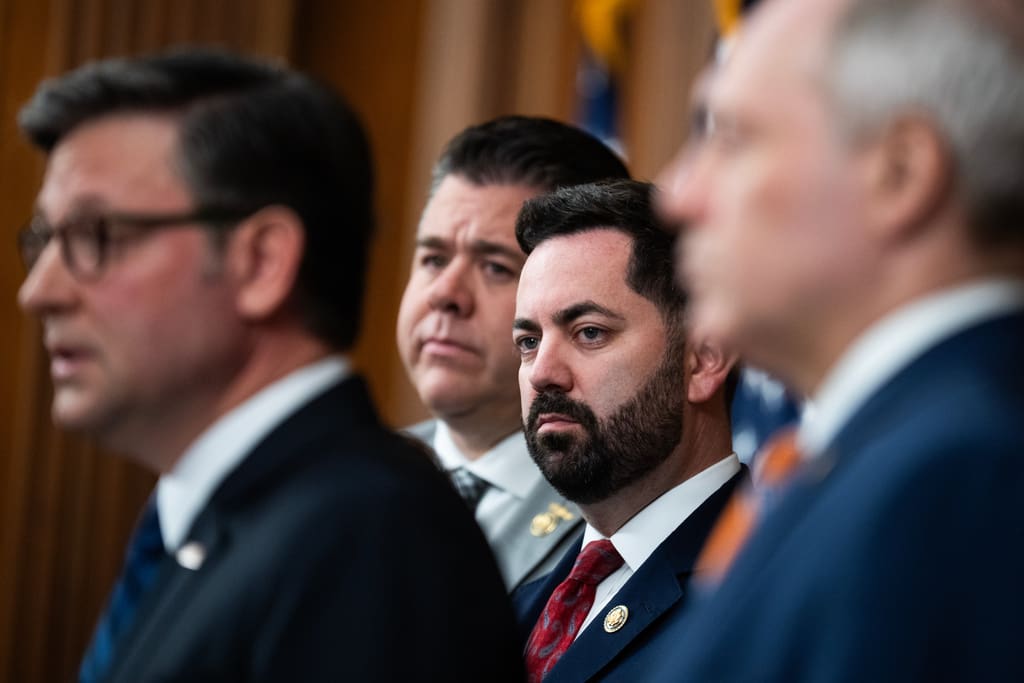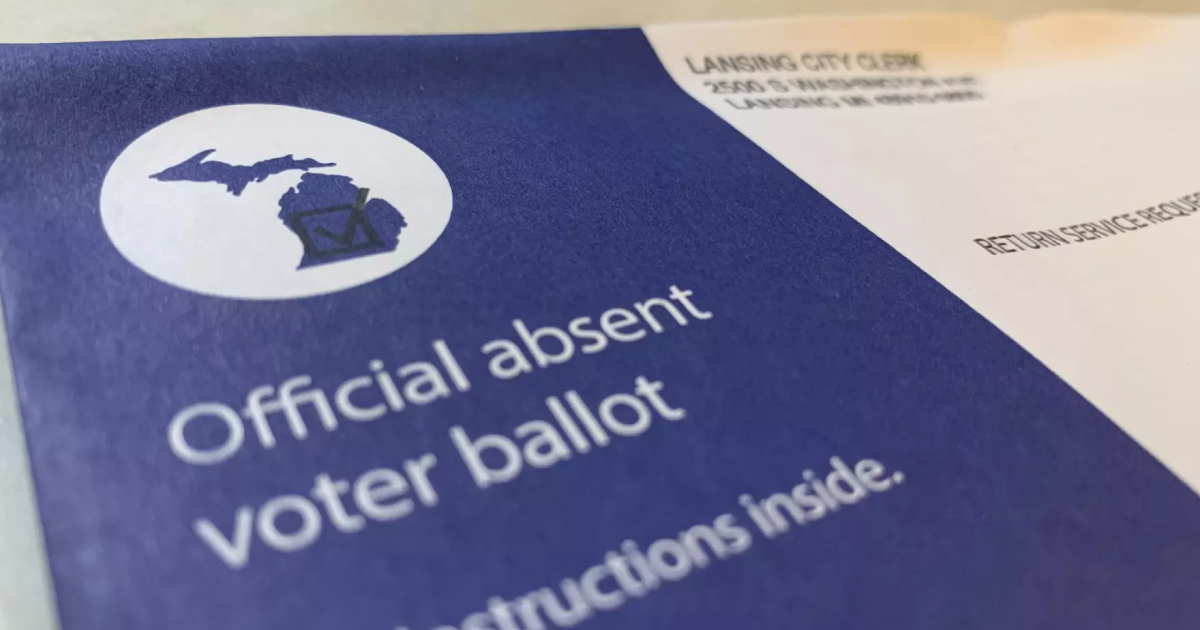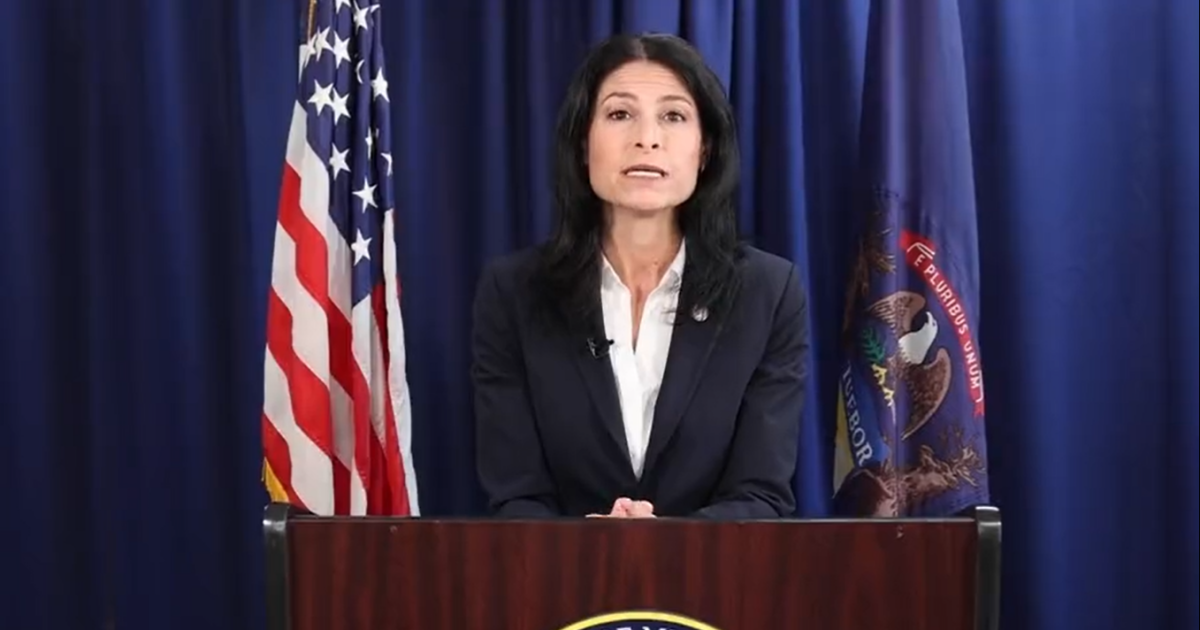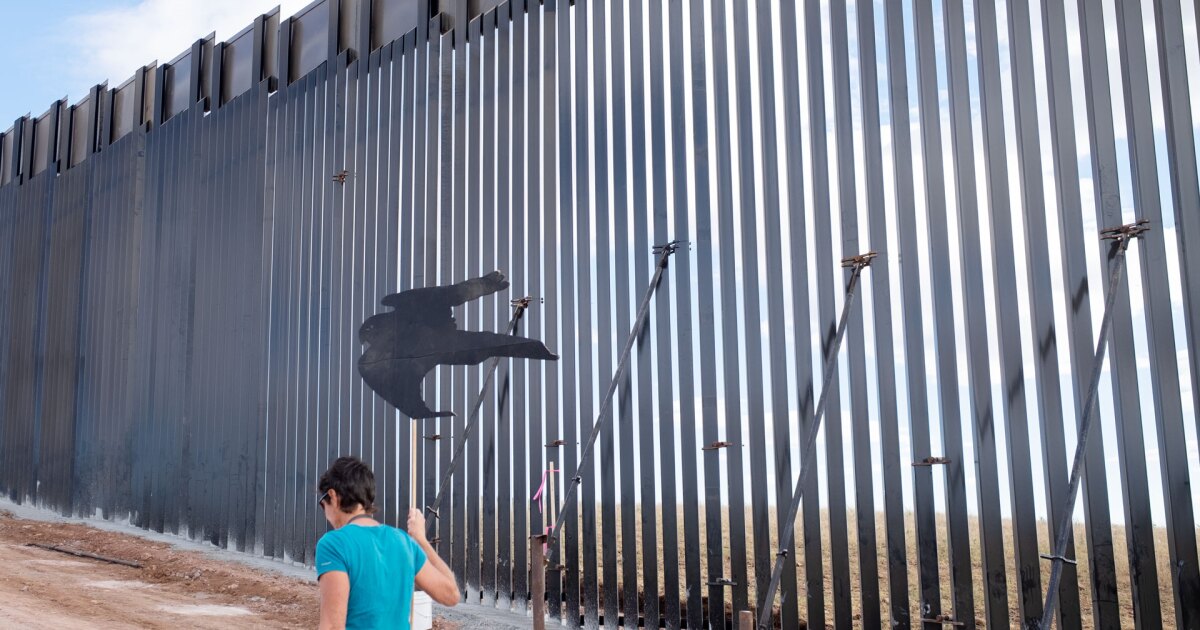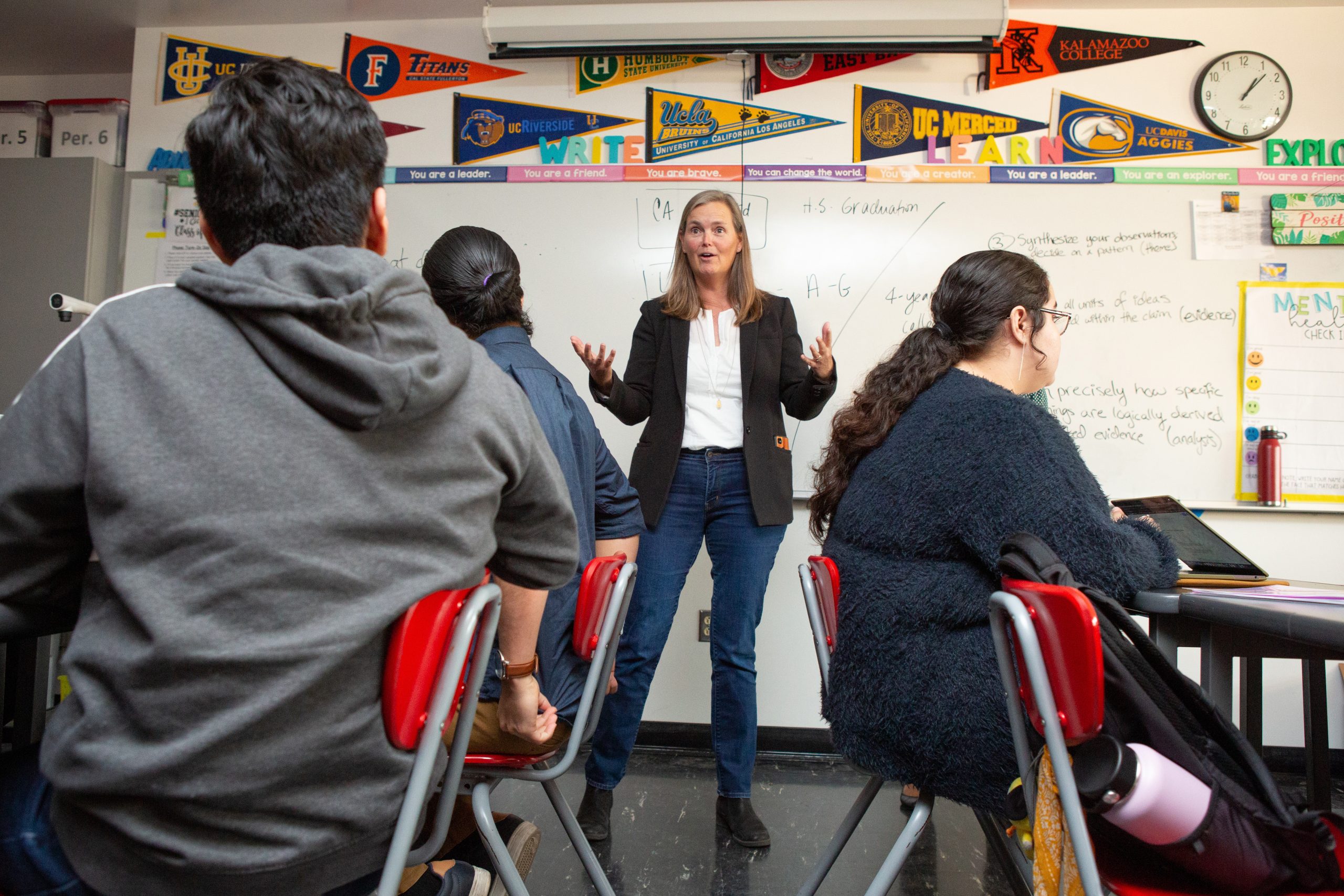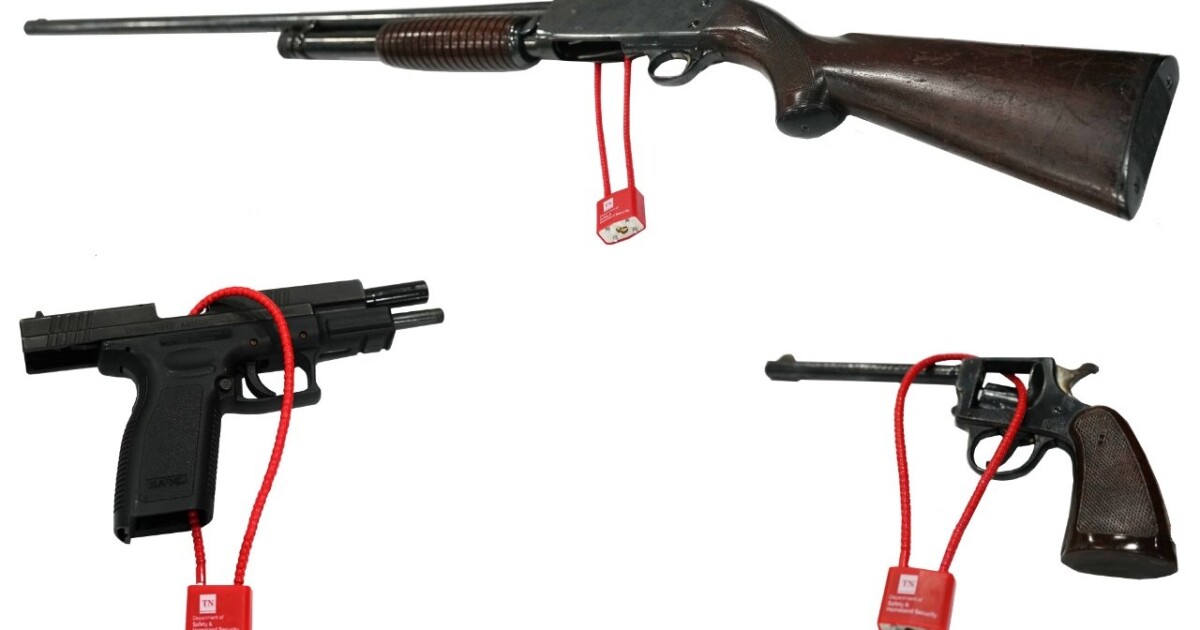Russian opposition leader Vladimir Kara-Murza was awarded the 2025 Wallenberg Medal on November 4 at the University of Michigan. The ceremony, held at Rackham Auditorium, featured Kara-Murza’s impassioned lecture on resisting tyranny. Despite surviving two poisoning attempts and imprisonment for opposing Russia’s actions in Ukraine, Kara-Murza spoke on the courage of choosing not to fear.
This 30th annual Wallenberg Lecture drew a full house. Kara-Murza’s address, “Free People in an Unfree Country: Standing Up to Kremlin Tyranny, Past and Present,” highlighted the power of individual defiance. He linked this to Raoul Wallenberg, a U-M alum known for saving thousands of Jews during WWII. “The life of Raoul Wallenberg is testimony to how great a difference individuals can make when they choose to do the right thing, regardless of the consequences,” he stated.

Provost Laurie McCauley presented the medal, praising Kara-Murza’s dedication to democracy and human rights. “His life exemplifies moral courage in the face of tyranny,” she affirmed. Kara-Murza honored Soviet dissidents, emphasizing that even without weapons, their words and courage prevailed against totalitarian regimes.
Behaving like free people in an unfree country
Kara-Murza recounted the significant role of Soviet dissidents who stood against oppression. He described the 1965 Pushkin Square protest in Moscow, with people demanding respect for their constitution. It was a leaderless movement unified by a commitment to personal responsibility and resistance against regime crimes.
He also recalled the 1968 protest against the Soviet invasion of Czechoslovakia, where seven Russians demonstrated in Red Square. Their banner read, “For your freedom and ours.” Despite being quickly silenced, their courage proved the absence of unanimous Soviet support for the invasion.
Hope is a courageous choice
The lecture emphasized that autocratic regimes use fear to control, but fear is a personal decision. Kara-Murza recalled the 1991 Soviet coup attempt, where citizens defended democracy against tanks. “However strong a dictatorship may appear, when enough people are willing to stand up, all that strength becomes meaningless,” he noted.
Remembering the unafraid
Kara-Murza paid tribute to mentors like Boris Nemtsov, a prominent opposition figure assassinated near the Kremlin. He also remembered Vladimir Bukovsky, a dissident who endured Soviet prisons. Bukovsky’s words, “I’m not afraid,” remain a powerful inspiration for Kara-Murza.
Defying fear in a new era
Post-Ukraine invasion, Kara-Murza refused silence despite risks. He noted the rise in political prisoners in Russia, including a 15-year-old for minor offenses. Accepting the Wallenberg Medal, Kara-Murza shared it with these prisoners, recognizing their courage to speak against wrongs.
He announced donating the medal’s $10,000 award to the 30 October Foundation, supporting families of political prisoners. “Today’s Russia is a very dark place,” Kara-Murza said, “But out of darkness often comes hope.”
The lecture concluded with a Q&A session, covering topics like youth activism, global democracy, and LGBTQ+ repression. Kara-Murza urged the audience to support political prisoners by writing letters, highlighting solidarity’s impact against authoritarian isolation.
—
Read More Michigan News


